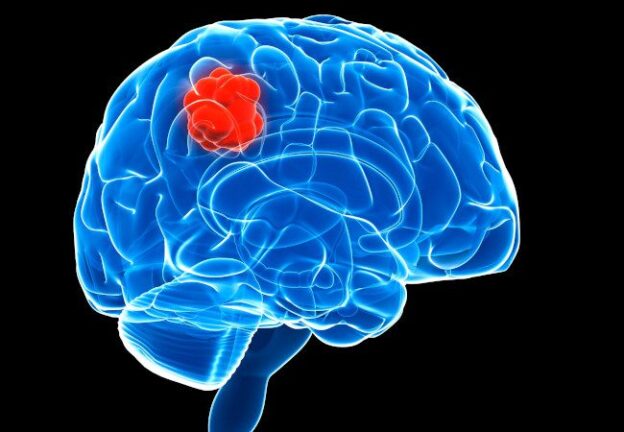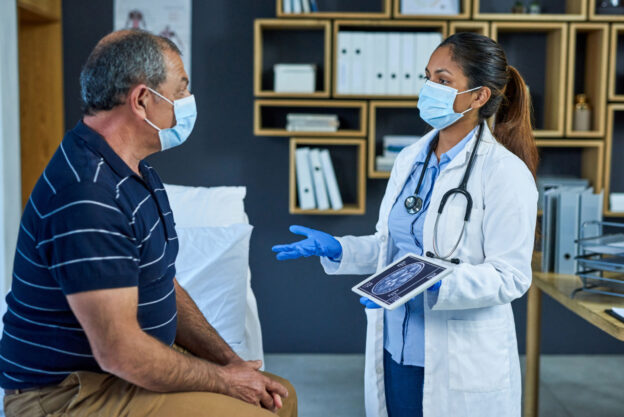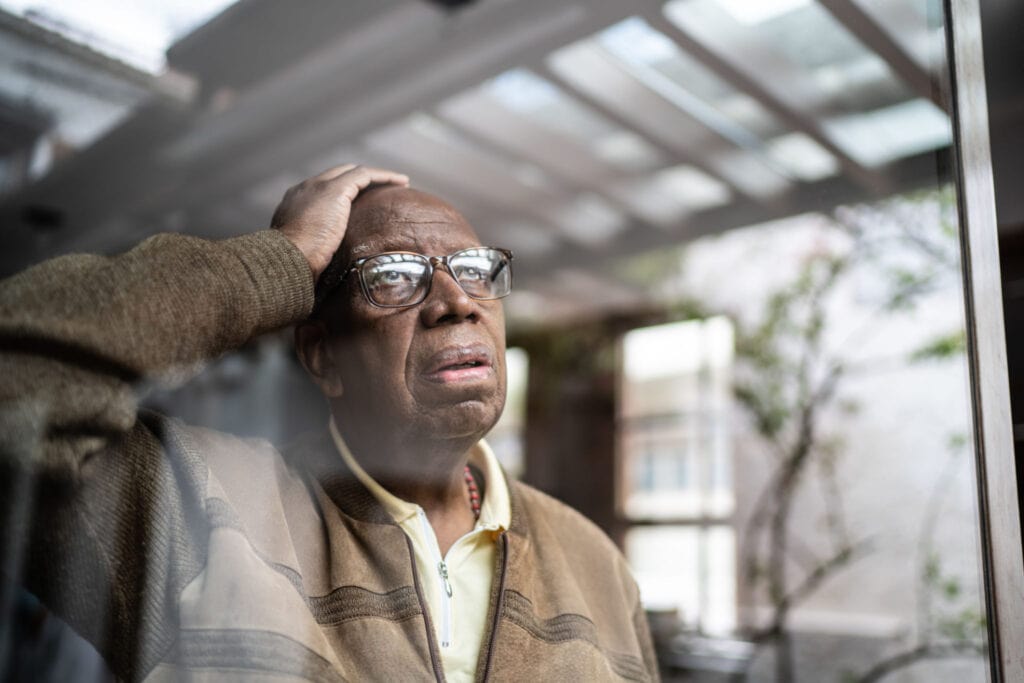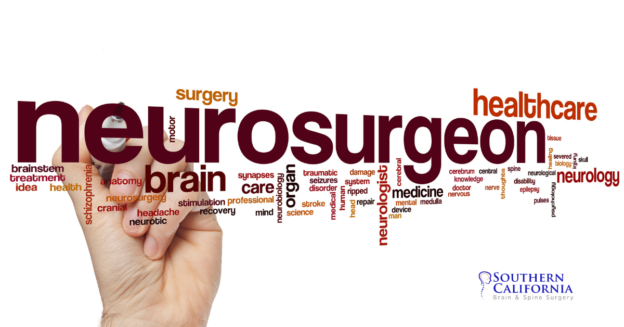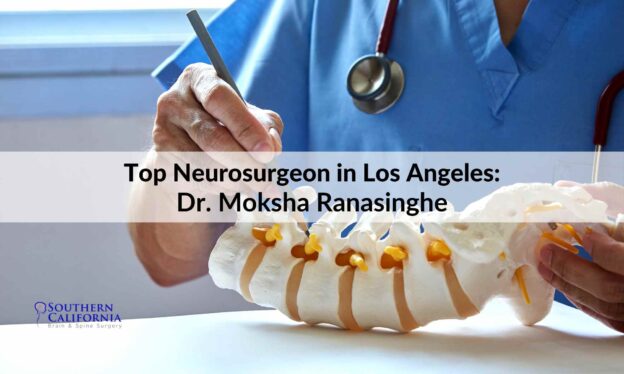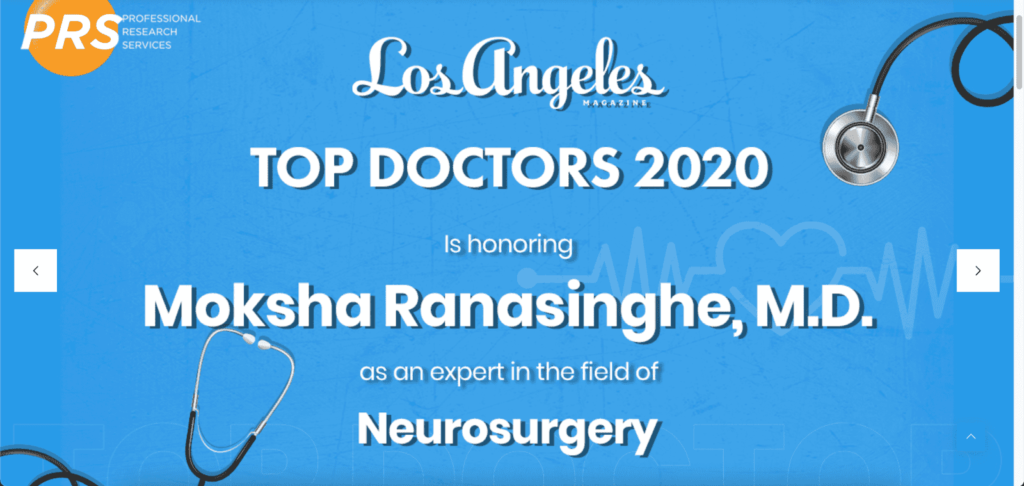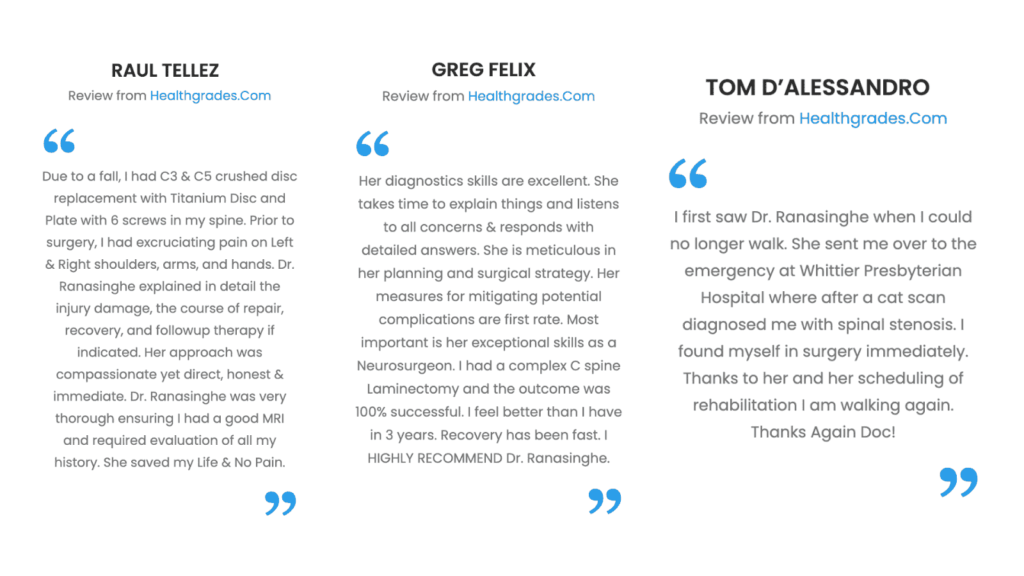Maintaining a healthy brain is crucial as we age, and the foods we eat play a significant role in supporting cognitive function. From berries to salmon, certain nutrient-dense foods have been shown to improve memory, protect against age-related cognitive decline, and even potentially lower the risk of dementia. Here are 8 delicious brain-boosting foods to incorporate into your diet today:
1. Berries

Berries, particularly blueberries and strawberries, are rich in flavonoids that can help lower the risk of age-related cognitive decline. Research suggests that adding berries to the diet can prevent age-related memory loss and delay memory decline by up to two and a half years. Aim for at least two servings of berries per week to reap the brain benefits.
2. Salmon

Fatty fish like salmon are an excellent source of omega-3 fatty acids, which are essential for brain health. Consuming just one weekly seafood meal may reduce the risk of Alzheimer’s and dementia. Omega-3 fatty acids can decrease inflammation, support the structure of brain cells, and potentially protect against exposure to neurotoxins and air pollution. Opt for wild-caught salmon for the best quality.
3. Dark Chocolate

Indulge your sweet tooth with dark chocolate, which is packed with antioxidants and flavonoids that can improve blood flow to the brain and reduce inflammation. Look for chocolate with a high cacao content (72% or greater) for maximum benefits. Dark chocolate can also combat fatigue, boost mood and alertness, and improve brain plasticity crucial for learning.
4. Turmeric

This vibrant spice is rich in antioxidants and has been shown to boost mood, memory, and overall brain health. Turmeric’s anti-inflammatory properties make it especially beneficial for the brain, as inflammation is a key contributor to age-related cognitive decline. Add turmeric to your favorite dishes or consider taking a supplement.
5. Nuts and Seeds

Walnuts are particularly beneficial for brain health, as they are an excellent source of omega-3 fatty acids and have been linked to improved cognitive function and memory. Other nuts and seeds, such as almonds and chia seeds, are also great sources of brain-boosting nutrients like vitamin E, which may help prevent cognitive decline.
6. Avocados

Avocados are rich in lutein, an antioxidant associated with cognitive benefits. They also provide healthy fats that support brain function. Enjoy avocado toast, add it to salads, or use it as a spread.
7. Leafy Greens

Leafy greens like spinach and kale are packed with vitamins, minerals, and antioxidants that can help protect the brain from age-related damage. Studies show that consumption of leafy green vegetables was associated with slower cognitive decline. Aim for at least six servings of leafy greens per week.
8. Eggs

Eggs are a great source of choline, a micronutrient that plays a crucial role in brain health, including memory, thinking, and mood. One large egg provides about 25% of the daily choline requirement for men and 35% for women. Choose B-rich foods such as eggs, as well as chicken, fish, leafy greens and dairy.
By incorporating these brain-boosting foods into your diet, you can support cognitive function, reduce inflammation, and potentially lower your risk of age-related cognitive decline. Remember, it’s never too late to make changes to your eating habits to support brain health.
Contact Us
If you or a loved one requires neurosurgical care, trust in the expertise of a qualified neurosurgeon to guide you through your journey to recovery. Southern California Brain & Spine Surgery, a top Los Angeles facility, has treated spine problems for over 10 years.
Dr. Moksha Ranasinghe is the lead neurosurgeon, who is a top-rated spine surgeon in Los Angeles on websites like Yelp, findatopdoc.com, Google Businesses, and Healthgrades. You can schedule an appointment with her by filling out the contact form or calling (213)369-4583.



